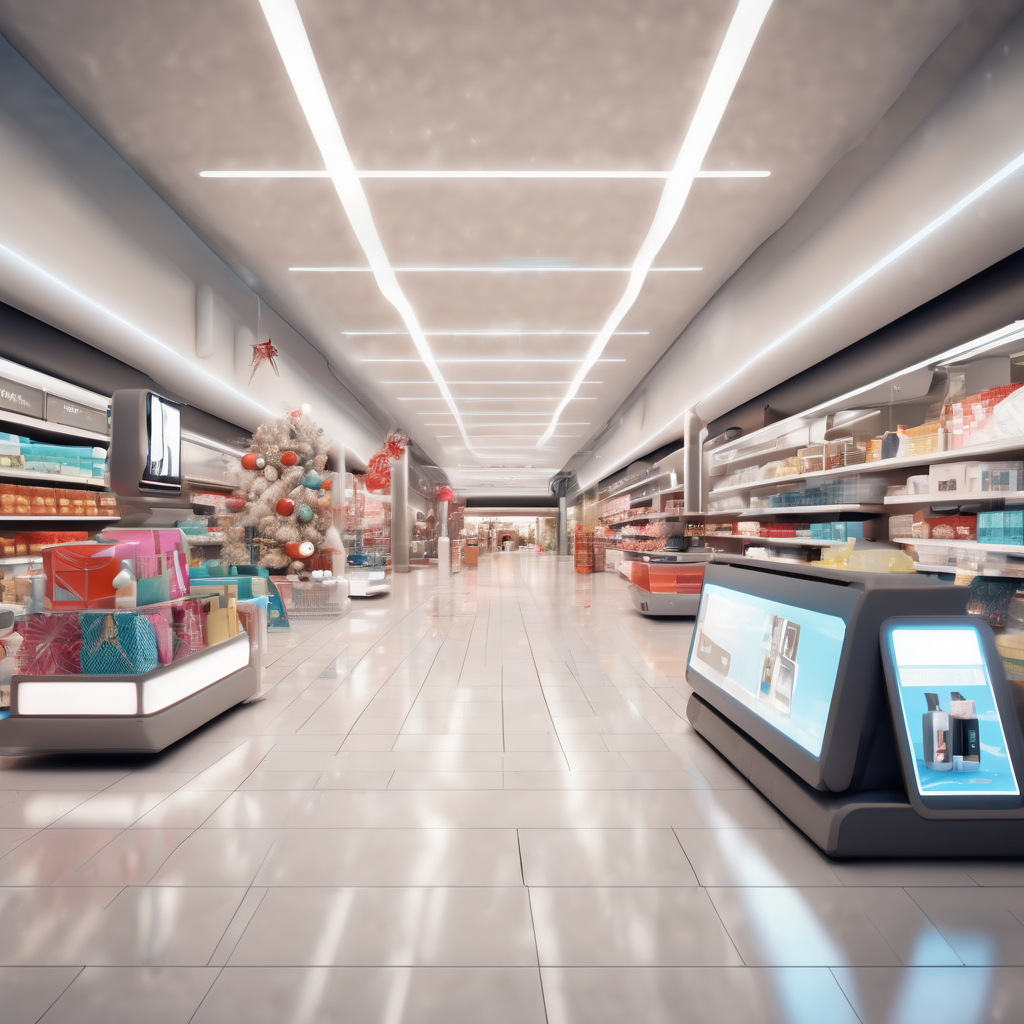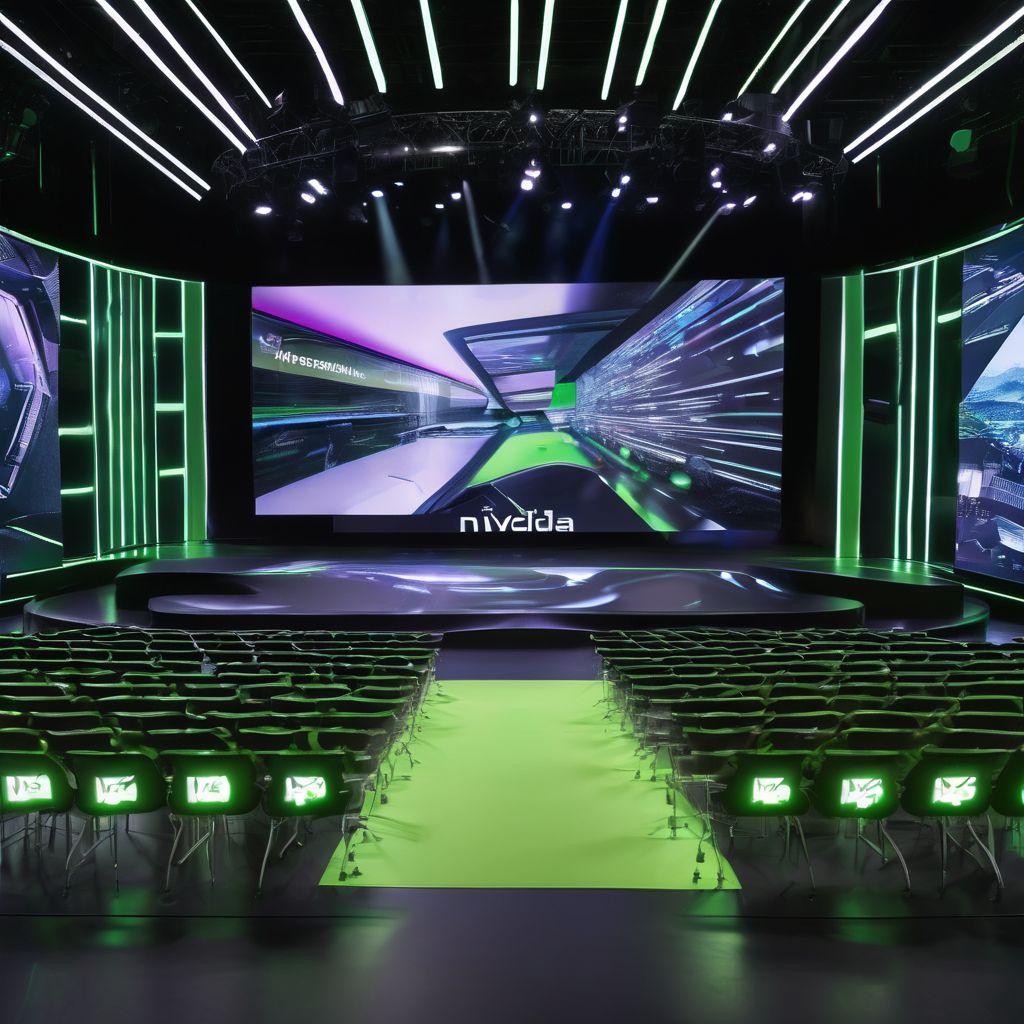
User experience (UX) has become a crucial factor in search engine optimization (SEO), significantly affecting how websites perform on search engine results pages. With rapid technological progress, artificial intelligence (AI) is increasingly instrumental in enhancing UX, thereby playing a key role in achieving better SEO results. This interplay between AI, UX, and SEO is reshaping digital marketers’ approaches to attracting and retaining site visitors. AI’s capabilities surpass simple automation; it can deeply analyze user interactions with websites to identify patterns and highlight areas for improvement. For example, AI algorithms can examine navigation flows to find obstacles users might face, such as complex menus or ambiguous call-to-action buttons. AI also assesses content relevance to ensure that the information matches users’ needs and search intent. By resolving these navigation and content challenges, businesses can design websites that are not only more user-friendly but also more engaging, encouraging visitors to remain longer and interact more extensively. Integrating AI into UX also enables personalization on an unprecedented scale. AI can study individual user behaviors, preferences, and browsing histories to deliver content tailored to each visitor’s specific interests.
This customized approach creates a more engaging and satisfying experience by presenting users with information and suggestions aligned with their unique needs. Such personalized interactions boost user satisfaction, encourage loyalty, and drive repeat visits—metrics that are vital for SEO success. Moreover, AI-driven analytics empower marketers to continuously monitor and refine their UX strategies in real time. By using data gathered from ongoing user activity, AI can recommend adjustments and optimizations, ensuring the website adapts to evolving user expectations and behaviors. This dynamic management of UX supports sustained high user engagement, which search engines reward with improved rankings. The combined impact of AI-enhanced UX and SEO leads to concrete business advantages. Higher SEO rankings boost organic traffic and online visibility, while improved UX helps convert that traffic into meaningful engagement and potential revenue. As search engines grow more advanced, they increasingly favor websites delivering superior user experiences, making AI integration indispensable for digital marketing success. In conclusion, artificial intelligence is transforming how marketers approach user experience, directly influencing search engine optimization. By leveraging AI to analyze user behavior, personalize content, and optimize site functionality, companies can craft compelling digital experiences that attract visitors and foster deeper engagement and satisfaction. This strategic synergy among AI, UX, and SEO is critical for maintaining competitiveness in today’s digital environment. For those interested in learning more about how AI can further enhance user experience and improve SEO rankings, Search Engine Watch offers comprehensive insights and resources on this evolving subject.
How Artificial Intelligence Enhances User Experience and Boosts SEO Performance


As the holiday shopping season nears, small businesses prepare for a potentially transformative period, guided by key trends from Shopify’s 2025 Global Holiday Retail Report that could shape their year-end sales success.

Meta’s Artificial Intelligence Research Lab has made a notable advancement in fostering transparency and collaboration within AI development by launching an open-source language model.

As artificial intelligence (AI) increasingly integrates into search engine optimization (SEO), it brings significant ethical considerations that must not be overlooked.

During Nvidia’s GPU Technology Conference (GTC) keynote on October 28, 2025, a disturbing deepfake incident occurred, raising significant concerns about AI misuse and deepfake risks.

British advertising firm WPP announced on Thursday the launch of a new version of its AI-powered marketing platform, WPP Open Pro.

LeapEngine, a progressive digital marketing agency, has significantly upgraded its full-service offerings by integrating a comprehensive suite of advanced artificial intelligence (AI) tools into its platform.

OpenAI’s latest AI video model, Sora 2, has recently faced substantial legal and ethical challenges following its launch.
Launch your AI-powered team to automate Marketing, Sales & Growth

and get clients on autopilot — from social media and search engines. No ads needed
Begin getting your first leads today